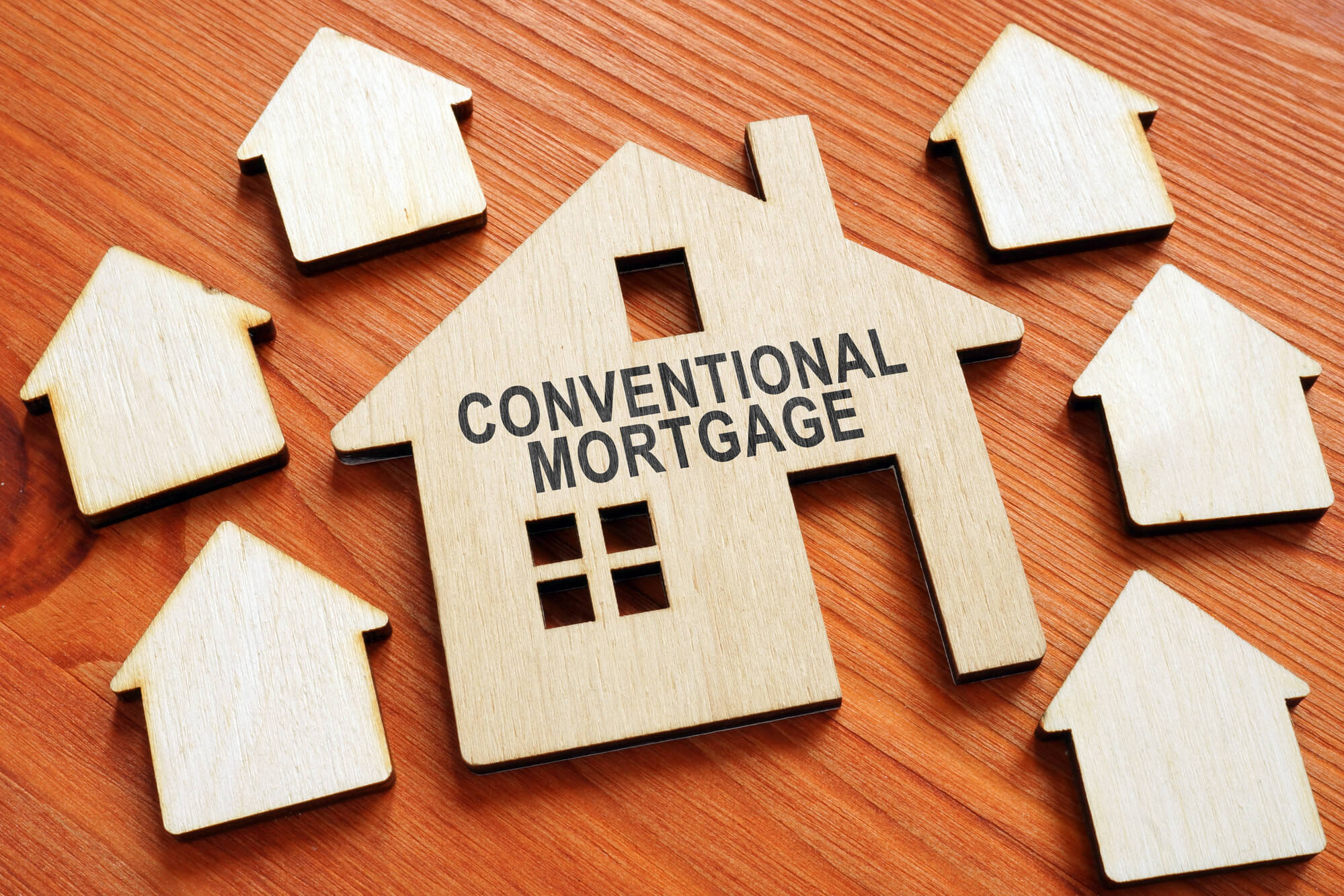When looking for a home, finding a mortgage that meets your needs is as vital as finding a good house. There is no one-size-fits-all approach to financing, so you’ll need to compare your options to find the one that works best for you. Though there are various types of house loans available, conventional loans are one of the most sought-after options. The tenure of these conventional loans generally range from 10 to 30 years. Read on to learn in detail what a conventional loan is and how it can benefit you.
What is a Conventional Loan?
A conventional loan is any kind of home buyer’s loan that is not provided or guaranteed by the government. They are usually offered by private lenders like credit unions, banks, and mortgage firms. However, certain conventional loans can be secured by two government-aided enterprises: the Federal Home Loan Mortgage Corporation (Freddie Mac) and the Federal National Mortgage Association (Fannie Mae). Conventional loans often have more stringent credit and down payment criteria than other loan types.
Types of Conventional Loans
The following are the six types of conventional loans that all homebuyers should be aware of:
- Conforming loans
- Non-qualified mortgages
- Portfolio loans
- Fixed-rate mortgages
- Adjustable-rate mortgages
- Jumbo loans
Conventional Loan Requirements
The process of obtaining a conventional loan begins with the submission of a mortgage application. You can apply through your local bank, an online mortgage provider, or a credit union. Regardless of where you apply for a conventional loan, the lender will make sure you fulfill the below requirements.
Credit Score
Your credit score should be 620 or higher to be eligible for a conventional loan. The higher your credit score, the better your interest rates will be.
Debt-to-Income Ratio
Lenders will check your debt-to-income (DTI) ratio to evaluate how much you owe in comparison to how much you make. Most lenders desire a DTI of 50% or less to qualify for a conventional loan, while certain lenders may provide some leeway.
Down Payment
Although a 20% down payment was previously required, the norms have shifted. With the expansion of the property market and reduced savings account interest rates, lenders are now ready to take as little as 3% down on conventional loans.
Proof of Employment and Income
The lender will validate that you have earned enough money to cover your regular monthly mortgage payments. They’ll require evidence of income, like recent pay stubs and W-2 documents, to confirm this.
Loan Limits
The property you’re financing must be within the existing conventional loan limitations. The limit for one-unit buildings will be $726,200 in 2023, and it was $647,200 last year.
Benefits of Conventional Loans
Since 2008, there has been an increase in the use of government-backed loans, but conventional loans still remain a popular option due to various reasons, like:
- Low costs
- Flexible terms
- Cancellable mortgage insurance
- Availability for many property types
- Higher borrowing limits
Finding the right financing option can be tough, but our experts can make it easier for you. Contact us today!

